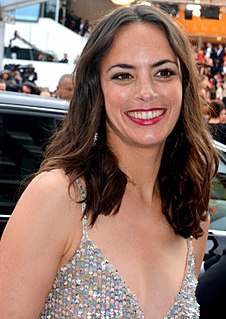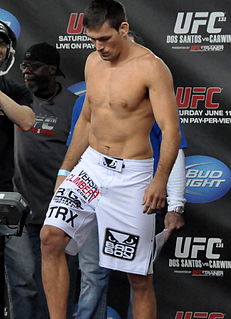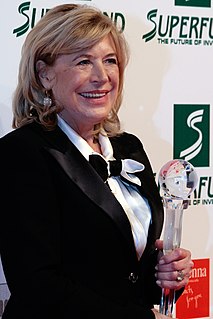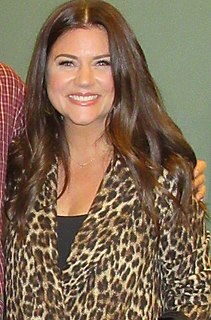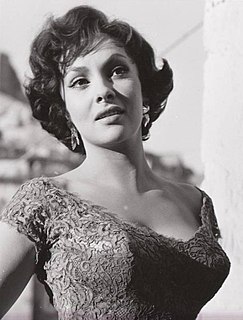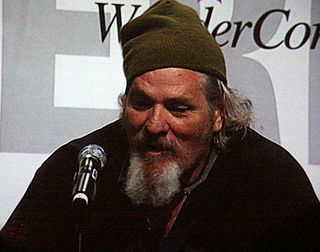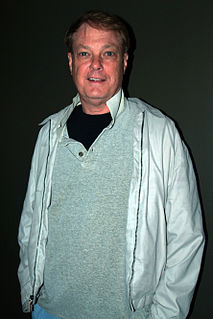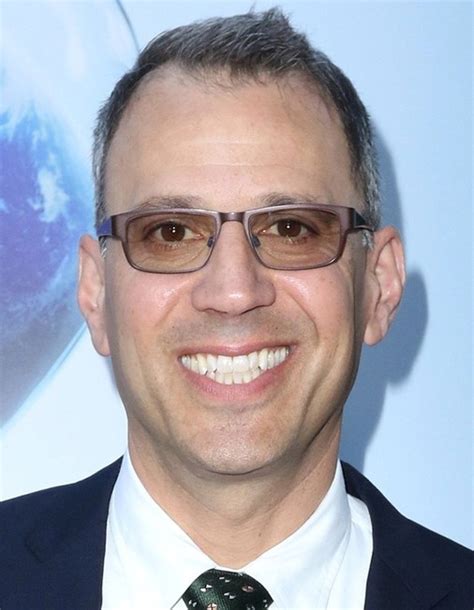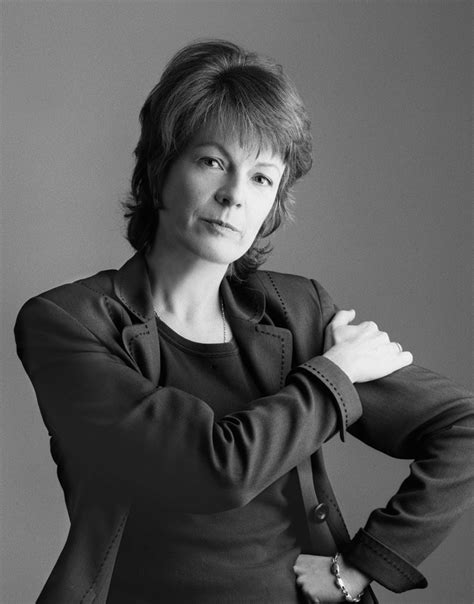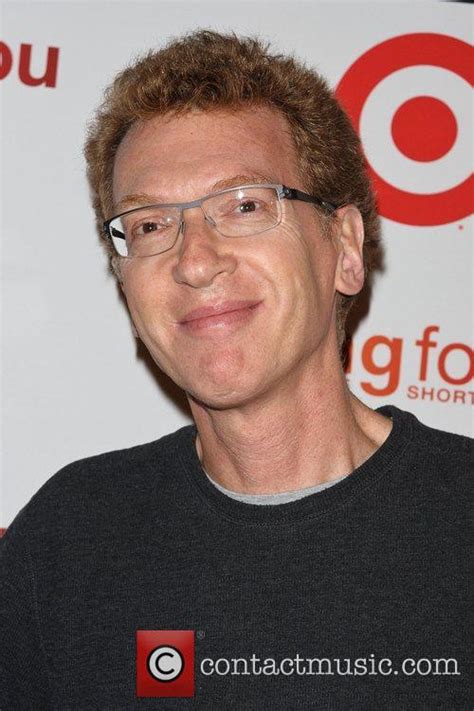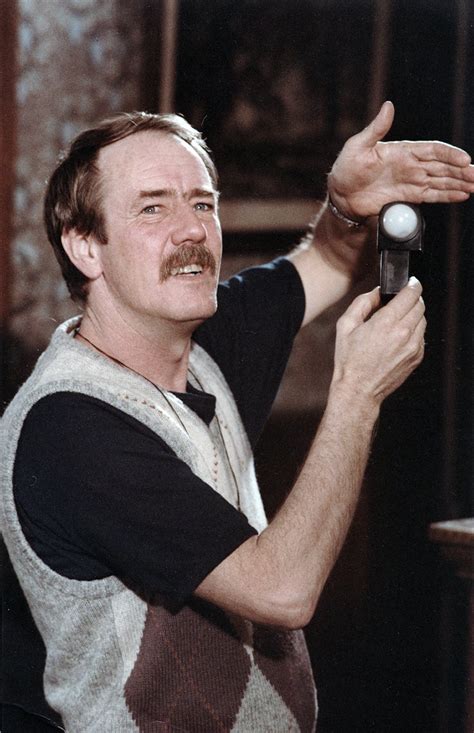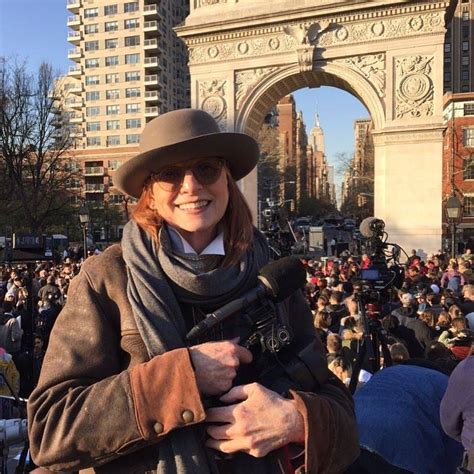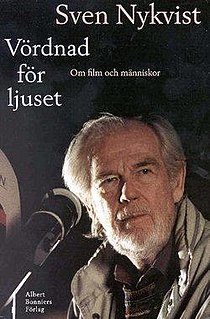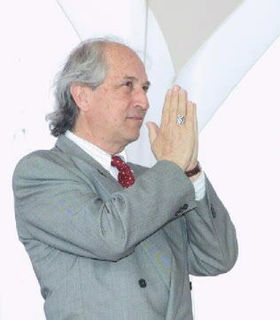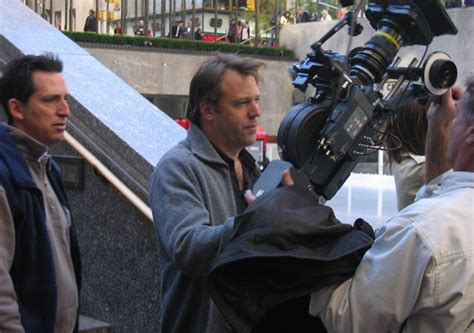A Quote by Babette Mangolte
In the '60s when I started to see everything I could see, you could see pretty much everything which was still available from the '30s, '40s, '50s, '60s, and therefore I had an education which was really large and vast in different cinema. That's probably the reason I did not fall for the New Wave. It's really the love of the movies that made me want to become a cameraperson, definitely. I was really a film buff.
Related Quotes
I was seduced by the nouvelle vague, because it was really reinventing everything. And the Italian cinema that one would see in the theaters in the late '50s, early '60s was Italian comedy, Italian style, which, to me, was like the end of neo-realism. I think cinema all over the world was influenced by it, which was Italy finding its freedom at the end of fascism, the end of the Nazi invasion. It was a kind of incredible energy. Then, late '50s, early '60s, the neo-realism lost its great energy and became comedy.
I never thought about how I didn't have a cell phone or I'm in 2011. I was just so happy to be able to be a character in the 30s and there are these actresses that I really liked in the 40s, 50s and 60s in American movies that I've seen since I was a little girl. But you don't really think like that when you prepare for a role.
I'd really like people to see me as a real actress, which I am, but they don't. It's hard to get them to see me as a musician, they just see me as a hanger-on to the Stones, which is not what I am at all. It's a good idea, and if something like that would turn up I could do a whole television show. I've thought about playing a landlady, sort of a mad '60s lady, this absolutely insane character. I would love it. It's a great idea.
When I started acting in the film industry when I was 16 years old, in 1980, I was going to all the revival theaters in Los Angeles. They were playing mostly films from the '60s and '70s, some from the early '20s and '30s, before that Hays commission. Those films did question things a lot, and there definitely was a switch in 1934. You can see very distinctly in 1934, it's harder to understand what the real culture was. Films made before 1934, you can really kind of see the racism, sexism, drug use, etc. that was going on at that time. And then it was all stopped.
I think Hollywood has gone in a disastrous path. It's terrible. The years of cinema that were great were the '30s, '40s, not so much the '50s...but then the foreign films took over and it was a great age of cinema as American directors were influenced by them and that fueled the '50s and '60s and '70s.
I think there's definitely much more opportunities for women now to find a role in 30s and 40s both. I think you're starting to find people really seeing that - here's the thing. It's hard for me to say and know the experience how it was ten, twenty years ago because I was only in my teens and my 20s, but I know from watching TV myself and watching film myself I see a lot more 30s and 40s on screen, which just makes me very, very happy. It's what we should be watching.
See that I am God. See that I am in everything. See that I do everything. See that I have never stopped ordering my works, nor ever shall, eternally. See that I lead everything on to the conclusion I ordained for it before time began, by the same power, wisdom and love with which I made it. How can anything be amiss?
I like the idea of seeing a film that has the artist's hand in there,a film where you can see his strokes, you can see his working patterns. It's like going to a museum and seeing a Renoir drawing. You want to see their work and you want to see how they put it together. For me to see that in animation is really fresh, it's really exciting, it's really original.


